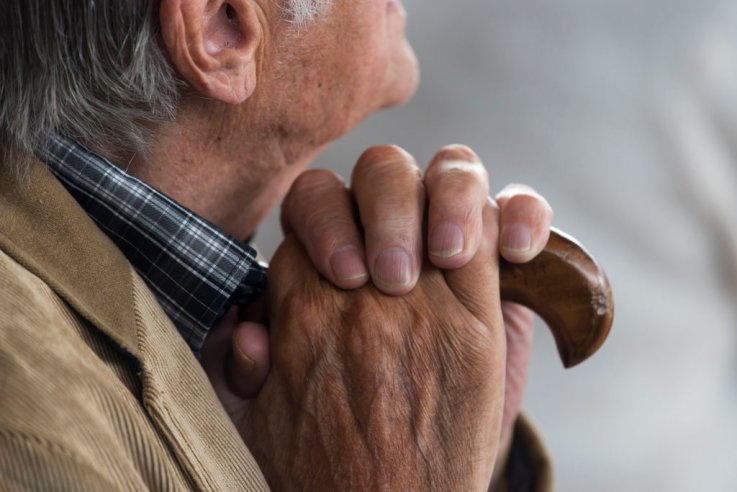Scientists believe it may be possible to reverse a person's biological age with a combination of drugs and growth hormones, based on evidence presented in the results of a small clinical study.
The study, which was conducted by geneticist Steve Horvath at the University of California, Los Angeles, effectively reversed participants' epigenetic clock by an average of two and a half years, the scientific journal Nature reported. Additionally, the patients' immune systems appeared to rejuvenate after treatment with the combination of growth hormone and two diabetes medications.
Even the scientists who worked on the study were surprised by the results. At the same time, some are urging caution as the results are still preliminary.
"I'd expected to see slowing down of the clock, but not a reversal," Horvath told Nature. "That felt kind of futuristic."

Wolfgang Wagner, a cell biologist from the University of Aachen in Germany, said that the study is very small, making it difficult to draw firm conclusions.
"It may be that there is an effect," Wagner said. "But the results are not rock solid because the study is very small and not well controlled."
Published in the journal Aging Cell last week, the initial research tested the cocktail of common drugs on nine men between the ages of 51 and 65, all of whom were white. Initially, the study's primary objective was to observe the effectiveness and safety of using growth hormone to restore tissue in the thymus gland. Located between the chest, lungs and the breastbone, the gland is vital for the efficient functioning of the immune system.
Immunologist Gregory Fahy, the chief scientific officer and co-founder of Intervene Immune in Los Angeles, led that initial study, which started back in 2015. He later asked Horvath to analyze the results to determine the impact on the patients' epigenetic clock, or biological age.
Horvath explained that the results showed that "the biological effect of the treatment was robust."
"Because we could follow the changes within each individual, and because the effect was so very strong in each of them, I am optimistic," he said.
During the treatment period, researchers took regular blood samples from participants. Consistent testing revealed that each of the patients had rejuvenated blood-cell counts during and after the study. In seven of the nine patients, the study also found that built-up fat had been replaced with regenerated thymus tissue. After the study had finished and those results were in, Horvath analyzed the patients' biological markers, determining that standard indicators of aging had not merely slowed, but reversed.
Further testing and larger studies would be necessary to determine the fuller implications the drug combination and their impact on aging. But according to Sam Palmer, a cancer immunologist, at the Herriot-Watt University in Edinburgh, the study has "has huge implications."
Metformin, a diabetes medication that was used in the trial, was already being tested by scientists to determine its impact on age-related diseases. Now, the combination of drugs will need to be studied further moving forward.
https://www.newsweek.com/drug-trial-reverses-biological-age-average-more-two-years-1458204Bagikan Berita Ini

















0 Response to "Drug Trial Reverses Biological Aging as Subjects Regain 2 Years of Youth on Average - Newsweek"
Post a Comment